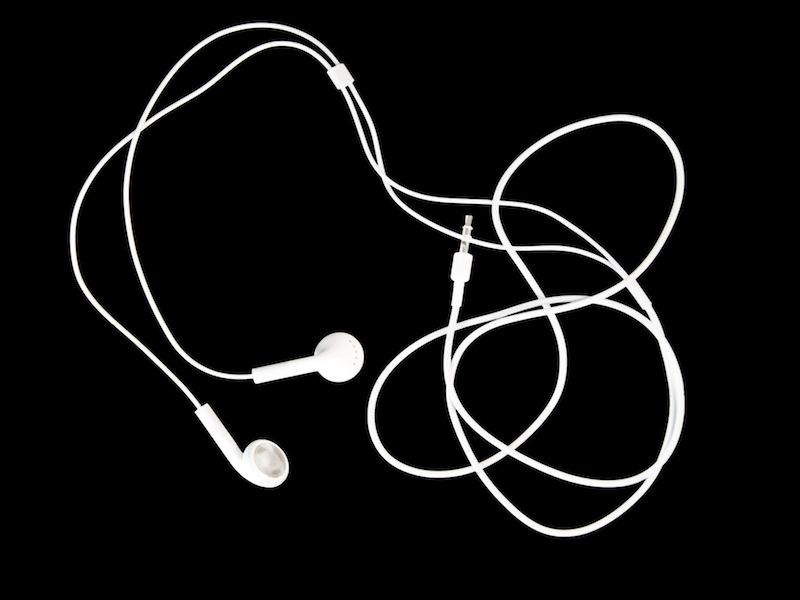
If you haven’t had your hearing checked since you were in grade school, you’re not by yourself. Regrettably, we have a tendency to treat hearing loss reactively instead of proactively, and a normal adult checkup normally doesn’t include a hearing test. The majority of people ignore hearing loss, even when they are cognizant of it, for up to seven years which can seriously affect your health. In fact, in the long run, it’s been proven that your general health cost will go up if you have untreated loss of hearing.
The good news, hearing exams are simple, painless, and give a wide range of information for our professionals to help you, both for diagnosing hearing concerns and assessing whether interventions such as hearing aids are working. When you were a child, you might remember the audiometry test from school, but a full hearing exam will give you a clearer understanding of your hearing without a lollipop or sticker.
While you may not give the state of hearing as much attention as you would the health of your teeth or your eyes, it is important that you routinely have your hearing tested. You may not recognize an issue with your hearing for a long time. Because hearing loss normally takes place slowly over time it’s not easy to recognize it at first, but the sooner you do, the more likely you will be able to efficiently treat it.
How do You Know When to Get Tested?
All newborns should be screened for hearing loss, and usually, the hospital handles that before they are released. Teenagers should be tested during routine checkups with their doctors and children should have formal hearing assessments at the ages of 4, 5, 6, 8 and 10 years old according to The American Academy of Pediatrics.
It’s suggested that if you are in between the ages of 18 and 49, you get your hearing checked every five years and then, as you get older, more often. You need to get checked every three years if you are between 46 and 60 years old and then every two years after you turn 60. But don’t allow that to stop you. The frequency with which you need to get examined will ultimately depend on your individual circumstances. You should have your hearing checked right away if you find that it isn’t as good as it used to be. A number of health concerns are associated with neglected hearing loss, such as increased risk of falling, cognitive decline, and depression. It can also affect your relationships and your ability to work effectively.
There are also some scenarios in which you should have a hearing exam as soon as you can to address loss of hearing that could get worse. An immediate hearing test is advisable if:
- Asking people to repeat themselves is something you have to do constantly
- You are unable to hear conversations, particularly when in crowded areas
- There is earwax buildup or you had an ear infection
- You are experiencing a constant ringing in your ears
- It is difficult to pinpoint where sounds are coming from
- You are experiencing vertigo
Whether you are at risk of hearing loss is another factor. You should get your hearing examined more often, for example, if you are subjected to loud noise or if hearing loss runs in your family.
Also, over 200 ototoxic medications exist. From Aspirin to certain antibiotics, these medications can be very harmful to your hearing. In order to make sure none of your medications are impacting your ears, consult your doctor. If you need to use a medication that you know is ototoxic, think about getting more frequent hearing testing so you can deal with any hearing loss immediately.
Also, take into consideration how your habits could be affecting your hearing loss. Constantly using your earbuds? Hearing loss has noticeably increased in younger people, and many experts think that this is because of the use of headphones and earbuds. shows, loud concerts, and machinery can also do significant harm to your hearing. If you feel that it’s time for you to get your hearing checked, schedule an appointment today.